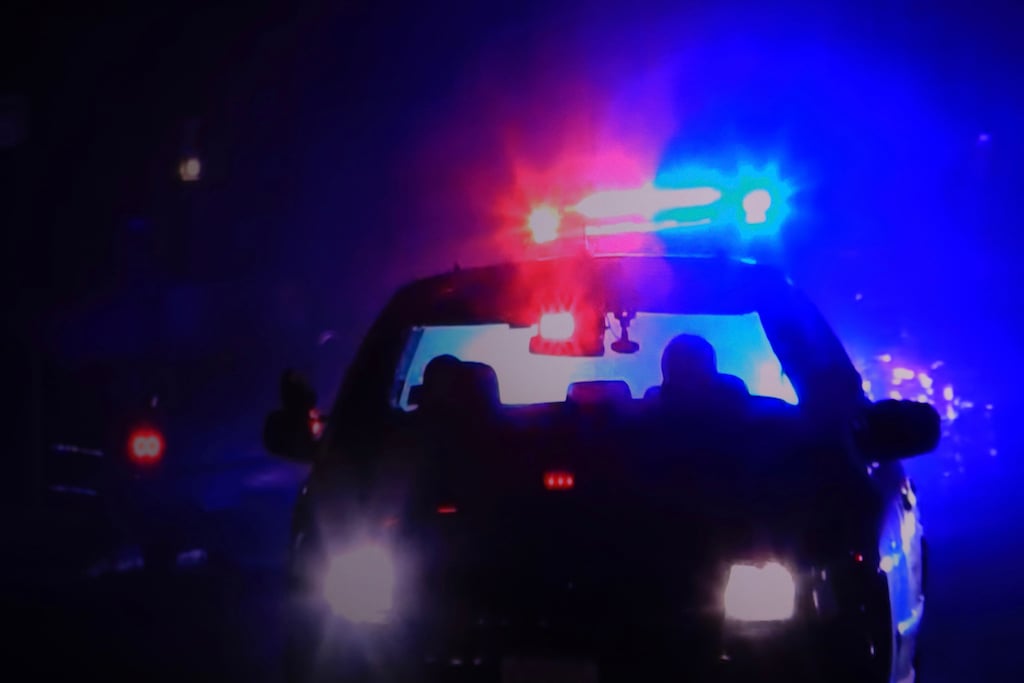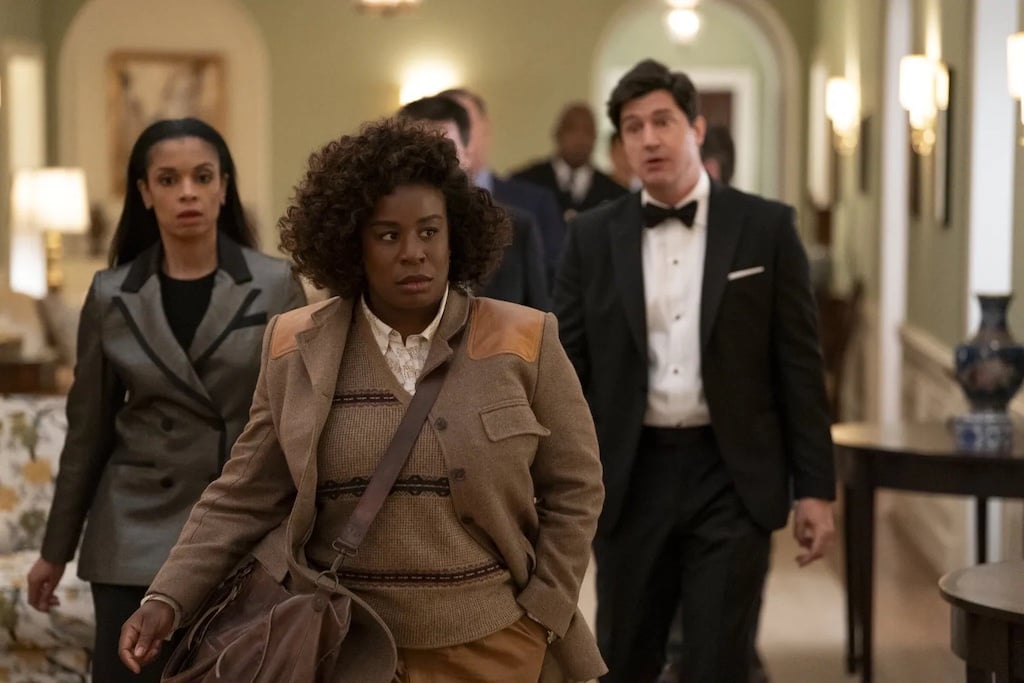President Obama has tapped a new director of the Secret Service. And she will be the first woman director in the 148-year history of the elite law enforcement agency.
Julia Pierson has been with the Secret Service more than 30 years. She was a police officer in Orlando before she joined the agency, in 1983. She ran the Miami field office, which is one of the most prestigious. And she was most recently the chief of staff at headquarters in Washington.
Pierson’s name had come up in conversations I had recently with Secret Service agents about who might replace Sullivan, but she didn’t seem to be the odds-on favorite.
The appointment of a woman is historic. But it is also politically significant, coming one year after a major sex scandal, which I write about in the current issue of the magazine, that battered the agency’s public image and exposed a culture of male agents behaving badly.
Revelations that Secret Service agents had hired prostitutes during a presidential trip to Cartagena, Colombia, shook the agency in two fundamental ways, and Pierson is going to have to address both of them.
First, and most obviously, it was a political and public relations disaster. In an instant, the image of the stoic, suit-clad, shades-wearing agent—the vast majority of whom are men—was replaced with a carousing, drunken, unhinged party animal. We learned that the unofficial motto among married agents on foreign trips was “wheels up, rings off.” We heard about self-styled “rock stars without guitars” who were not above using their elite status to pick up women in bars. The 13 men implicated in Cartagena humiliated the agency and their ultimate boss, President Obama. Nine of them lost their jobs.
But there was a second, harder-to-discern set of consequences to the Cartagena affair. For many agents, the bigger disgrace lay in how the Secret Service’s leaders handled the misbehavior and the intense media and congressional scrutiny that followed. The agents in question were subjected to intense, some of them say improper, interrogations, which included polygraph exams, threats of losing their security clearances, and instructions not to cooperate with an independent investigation by the Homeland Security Department. When the agents’ misdeeds became public, as the result of a press leak, senior officials insisted that the bad behavior was aberrant, and not part of a pattern of sexual indiscretion on trips.
Mark Sullivan, then the agency’s director, did his best Capt. Renault; he was “shocked, shocked!” to find that his agents were hiring hookers when they should have been protecting the President. In testimony before Congress, Sullivan said, “I never one time had any supervisor or any other agent tell me that this type of behavior is condoned.” But that statement, and others from Sullivan’s lieutenants in the press, strained credulity. To believe that the Cartagena affair was unique, you’d also have to believe that this group of men—not all of whom knew one another—broke into separate groups and independently got the idea, for the first time ever, to go out looking for prostitutes in a foreign city.
The fact is, such late-night outings aren’t all that unusual. Some of the men in Cartagena had hired hookers on the road before. At least one had had long-distance affairs with women he’d met in bars while traveling with two Presidents. And all of them could believe, based on prior experience, that while the Secret Service didn’t expressly condone womanizing and solicitation, it didn’t go out of its way to stamp out such behavior, either.
The agency’s leadership has fallen in the eyes of many agents. They feel betrayed by the brass, whom they see as tossing lower-level employees under the bus in order to deflect attention from problems at the top. Sullivan was already on thin ice after the notorious Gate Crashers incident during a White House dinner. And some of his inner circle had had their own tawdry affairs.
The last straw, for some I talked to, came when the Secret Service required all its employees to go through mandatory “ethics” training. These were courses held in the Washington area, at which attendees were lectured on the right and wrong way to behave on a trip. And it was made clear that one-night stands, as as well as longer-term extramarital affairs, were off limits.
That message was especially tough to swallow coming from A.T. Smith, the deputy director of the Secret Service, who spoke at some of these training sessions. It is widely known among the agency’s ranks, and it was publicly reported more than a decade ago, that when Smith was in charge of First Lady Hillary Clinton’s security detail, he was having an affair with President Clinton’s cousin, who worked in the White House scheduling office, and whom he took to numerous White House social events. The Secret Service’s own training manuals specifically warned against adultery because it was a compromising relationship, one that put an agent at risk of extortion. For some agents, to hear Smith give a lecture on the danger’s of sexual indiscretion epitomized how out-of-touch, and arrogant, the Secret Service leadership had become.
Any new director—regardless of gender—would have to address this residual animosity and attempt to heal the rift that was exposed, and aggravated, by the Cartagena scandal. It remains to be seen what kind of leader Pierson will be and how she’ll be received; she is, after all, part of senior management. And by no means should we assume that Pierson’s gender alone will give her any more credibility with agents.
But putting a woman in charge sends an immediate signal that the Secret Service wants to change the image of a globe-trotting gaggle of man-boys. The White House surely wants this, too. And it would have been harder to pull it off had the President tapped a man to succeed Sullivan. Not impossible, but harder.
Stepping back from scandal, let’s also put this appointment in its historic perspective. The Secret Service is one of the country’s most powerful law enforcement agencies. Now that a woman is in charge, can we really expect to wait that long before a woman becomes director of the FBI? A woman is already in charge of another elite organization, the US Marshals Service.
The tide is turning in the intelligence community and the military, as well. Two of the nation’s biggest intelligence agencies are now run by women, as is the Defense Department’s R&D organization. And with the integration of women into military combat positions, the day will come when we see a female chair of the joint chiefs of staff.
Pierson has her work cut out for her. But her achievement must also be viewed through the lens of momentous change in the leadership and the culture of some of the country’s most important institutions.










